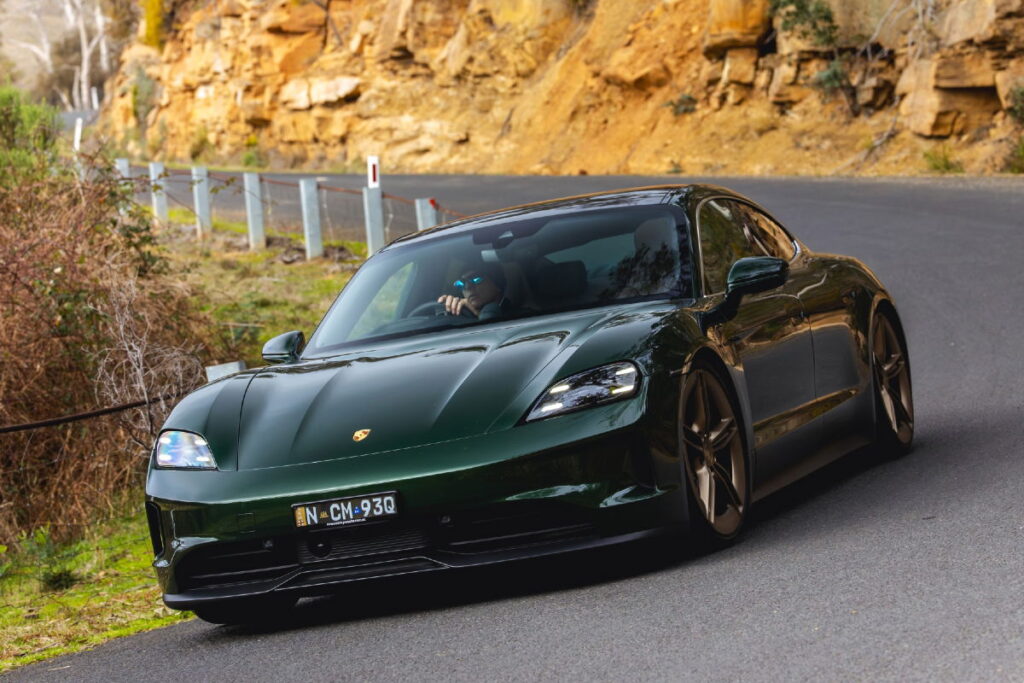
Porsche is bracing for significant changes as mounting costs and declining profits force the luxury carmaker to reconsider its operational strategies. CEO Oliver Blume has alerted employees that the company will begin negotiations to reduce its workforce in the latter half of the year, acknowledging that their longstanding business model is no longer viable.
In an internal memo reportedly obtained by Bloomberg, Blume stated,
“Our business model, which has served us well for many decades, no longer works in its current form.”
The memo highlights the challenges Porsche faces, including weak demand for electric vehicles (EVs) and dwindling sales in China, which are impacting the company more severely than many of its competitors.
Economic Pressures and Market Challenges
Porsche’s struggles are compounded by the imposition of import tariffs in the United States, its largest market. These tariffs, which are set at 25 percent for vehicles shipped to the U.S., have placed additional financial strain on the company. Many automakers are grappling with similar challenges, but Porsche’s reliance on the U.S. market makes it particularly vulnerable.
According to Bloomberg, Porsche’s operating margin stood at 8.6 percent in the first quarter of 2025. The planned employment restructuring aims to boost this margin to approximately 15 to 17 percent in the medium term. Most of these changes are expected to affect Porsche’s operations in Germany, where labor and energy costs are notably higher than in other European countries.
Strategic Workforce Reductions
Porsche has previously announced plans to cut 3,900 jobs by 2029, primarily through natural attrition and the expiration of existing contracts. This strategy aligns with the broader cost-cutting measures of its parent company, the Volkswagen Group, which revealed in December last year its intention to eliminate 35,000 jobs by 2030 due to similar financial pressures.
The reduction in workforce is part of a broader effort to streamline operations and adapt to the evolving automotive landscape. The shift towards electric mobility is a significant factor driving these changes, as Porsche grapples with lower than anticipated demand for its EVs.
Electric Vehicle Ambitions and Delays
Porsche’s commitment to electric vehicles has faced setbacks, with the delay of its battery-powered Cayman and Boxster models earlier this year. The new 718 models are now expected to debut in 2027, pushing back Porsche’s ambitious target of achieving 80 percent EV sales by 2030. Despite the recent launch of the all-electric Macan and the upcoming EV version of the Cayenne, reaching this goal remains uncertain.
The announcement comes as the automotive industry undergoes a transformative shift towards sustainability and innovation. Porsche’s challenges underscore the complexities of balancing traditional business models with the demands of a rapidly changing market.
Looking Ahead: Implications and Strategies
The move to restructure and adapt is critical for Porsche as it navigates these turbulent times. Industry experts suggest that while the short-term impact may be challenging, the long-term benefits could position Porsche more competitively within the global market.
Analysts point to the need for Porsche to innovate and diversify its product offerings to meet consumer demands and regulatory requirements. This includes investing in new technologies and expanding its EV lineup to capture a larger share of the growing electric vehicle market.
As Porsche embarks on this significant transformation, the automotive world will be watching closely to see how one of the most iconic luxury car brands adapts to the pressures of modern industry dynamics. The success of these efforts will not only influence Porsche’s future but could also set a precedent for other manufacturers facing similar challenges.
The coming months will be crucial as Porsche negotiates its workforce reductions and implements strategic changes. The outcome of these efforts will likely shape the company’s trajectory in the years to come, as it strives to maintain its reputation for excellence while embracing the future of mobility.






